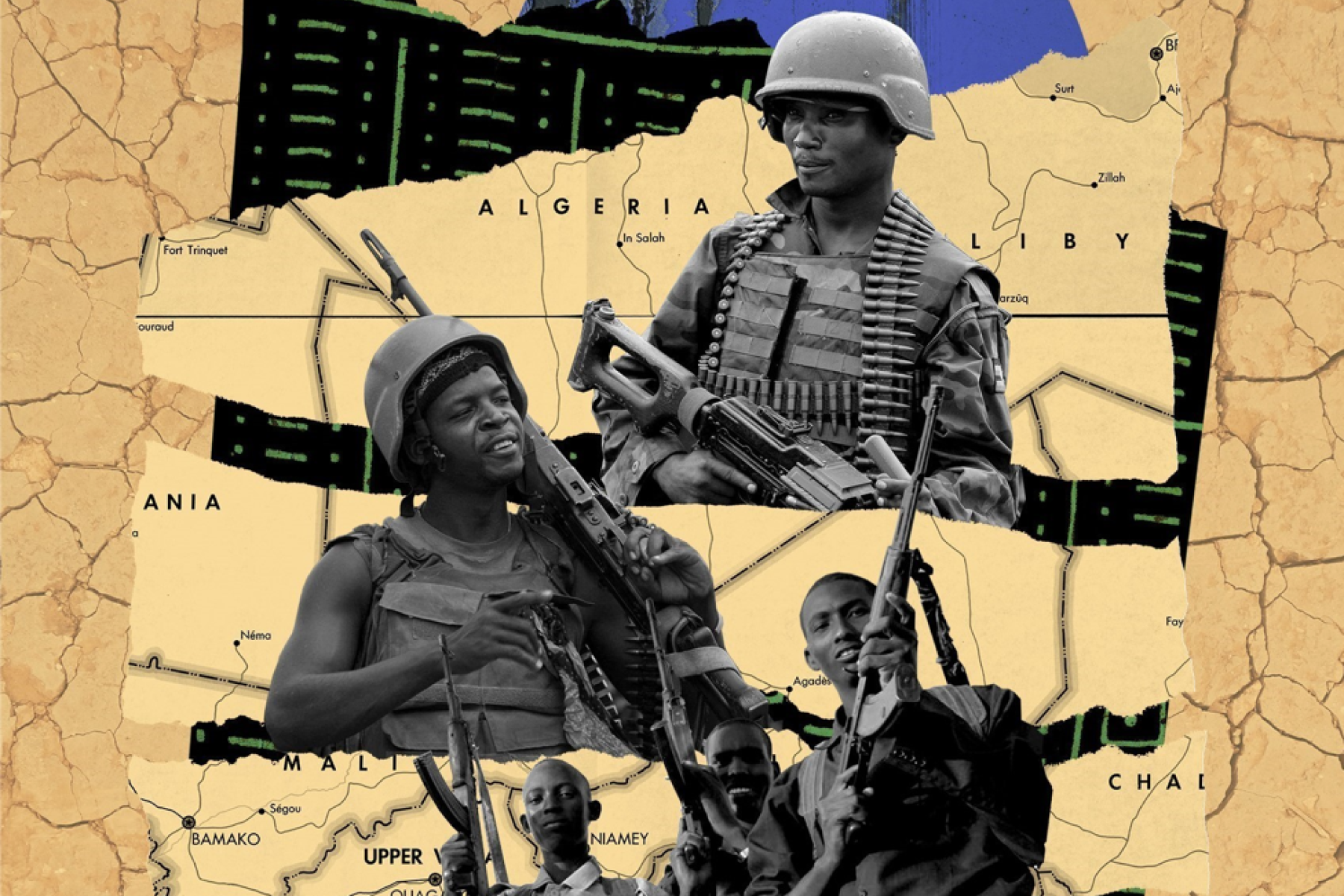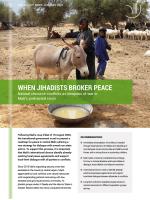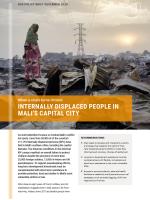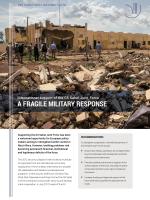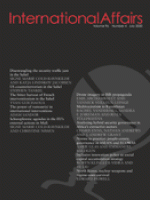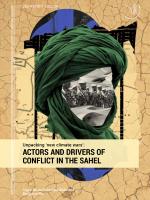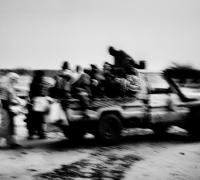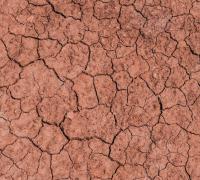Actors and drivers of conflict in the Sahel
As violence and insecurity increase in the Sahel, understanding the main causes and drivers of conflicts is of growing importance. In policy circles, the idea that climate change is causing violence and displacement is increasingly articulated in the popularised term of ‘climate wars’. This DIIS Report nuances this mainstream idea by arguing that violence and conflict in the Sahel are caused not by climate change, but by the presence of armed groups, jihadist insurgencies and military interventions with diverging political and ideological agendas. Based on more than 100 quantitative and qualitative surveys undertaken in 2020 and 2021 in Mali’s epicenter of violence, the Mopti region, the report maps the actors and multiple, intertwined, causes behind the ongoing violence.
Thereby, the report contributes to an understanding of the complex relationship between climate change and conflict, which is key to design effective and adapted security, political and development responses. In particular, the authors show how social inequality and inequitable access to natural resources create fertile ground for non-state armed groups to exploit feelings of frustration for political or religious purposes. Furthermore, how armed groups take advantage of the withdrawal of the state to exercise control and provide access to basic social services for the local communities. Finally, how the Malian government’s involvement in human rights abuses and the outsourcing of security to local militias have served to further jihadist objectives while allowing jihadists to present themselves as alternative sources of protection.
In this complex security context, the report points to the need for concerted dialogue with local stakeholders and community representatives as a prerequisite for any attempt to prevent and mitigate effects of climate change in the Sahel.
- Natural resources and environment
- Water governance
- Food and agriculture
- Land rights and investments
- Climate change and environment
- Defence and security
- Non-state armed actors
- Terror
- Inequality and poverty
- Danish and European foreign policies
- Peace and conflict
- Violence, justice and policing
- Fragile states
DIIS Experts



